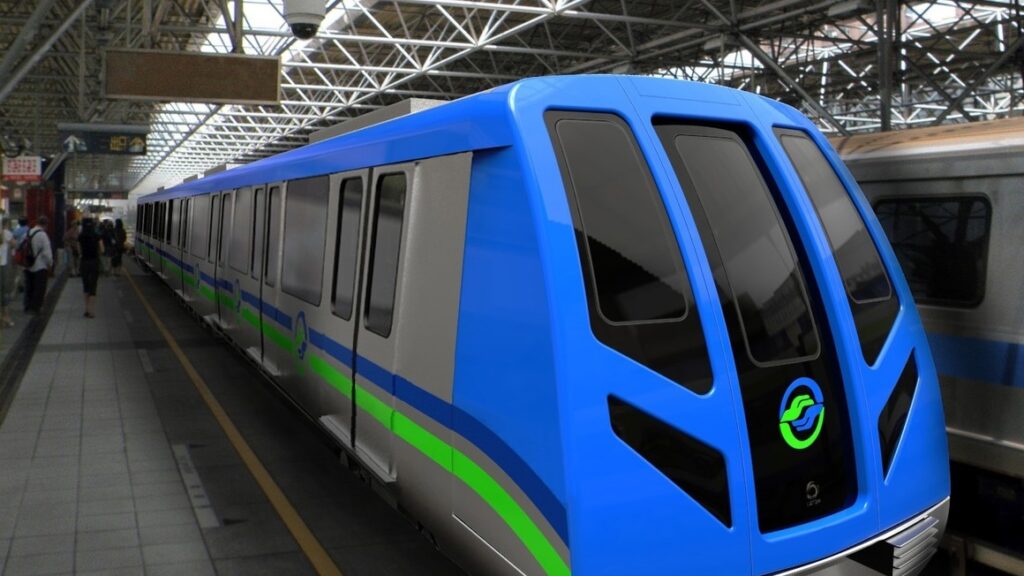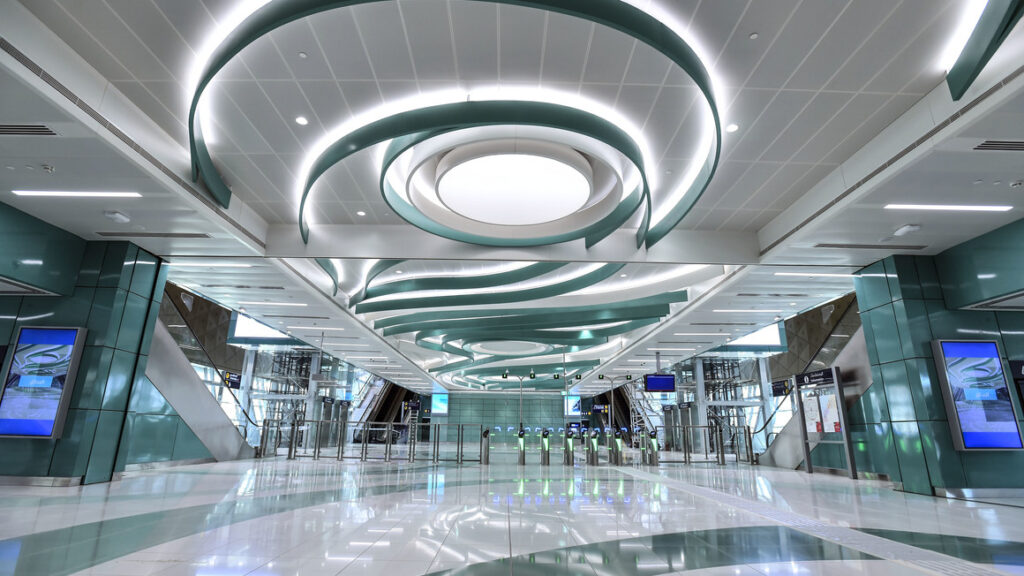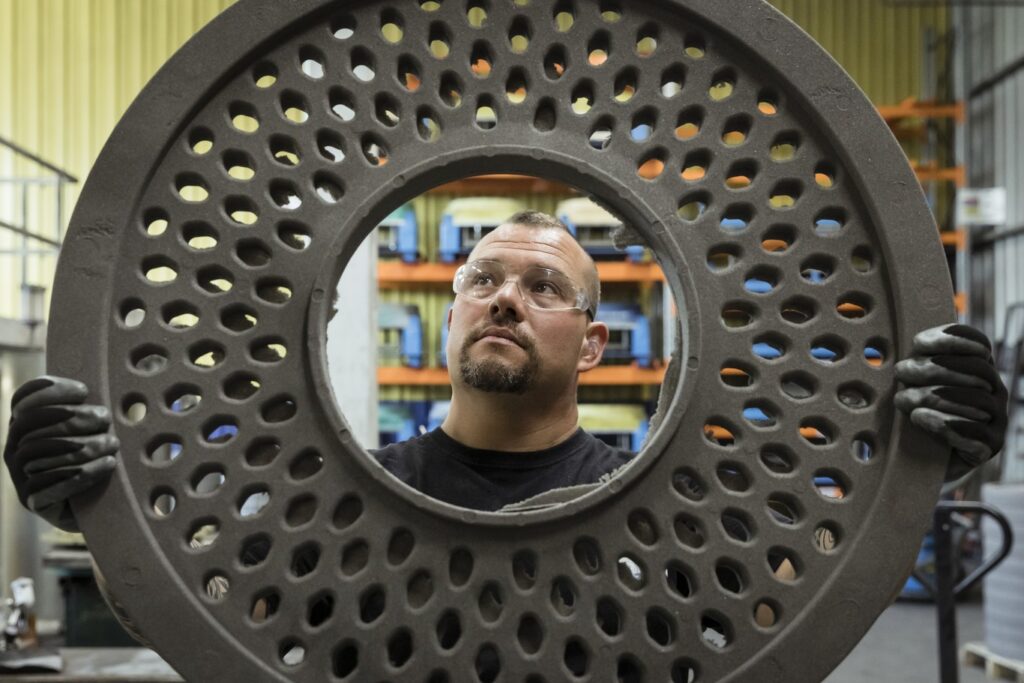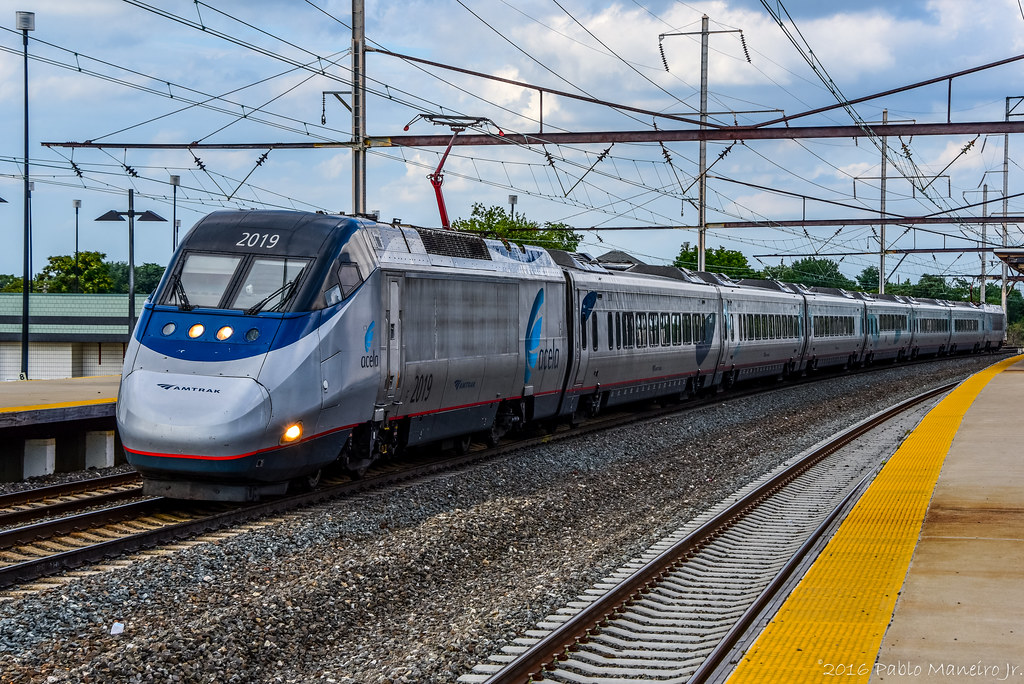Alstom Delivers New Tramways for Dublin, Ireland
55 meters: the longest Citadis tram in the world Up to 98% recyclableAlstom will extend 26 existing vehicles Alstom has delivered the first of eight new Citadis tramways to Dublin, as part of a partnership with Transport…



